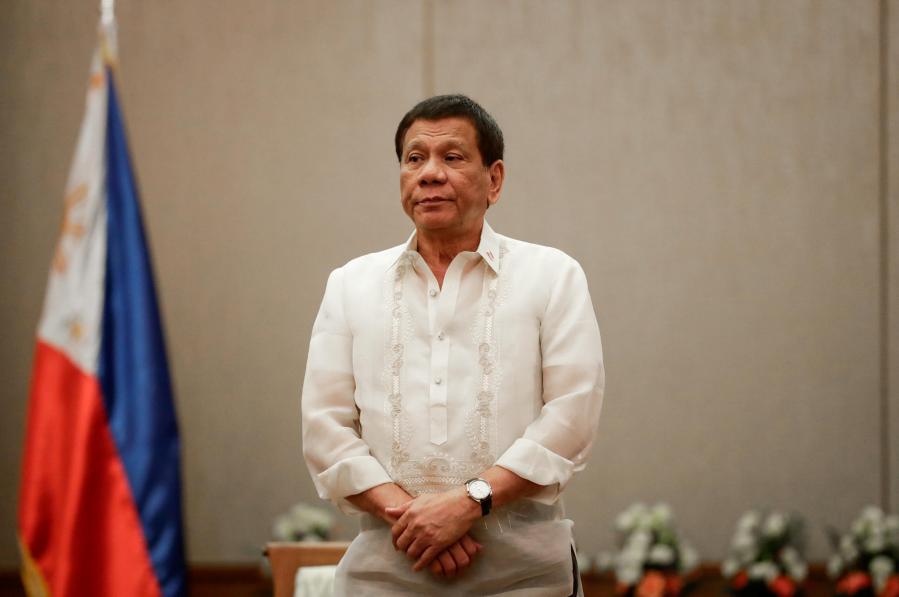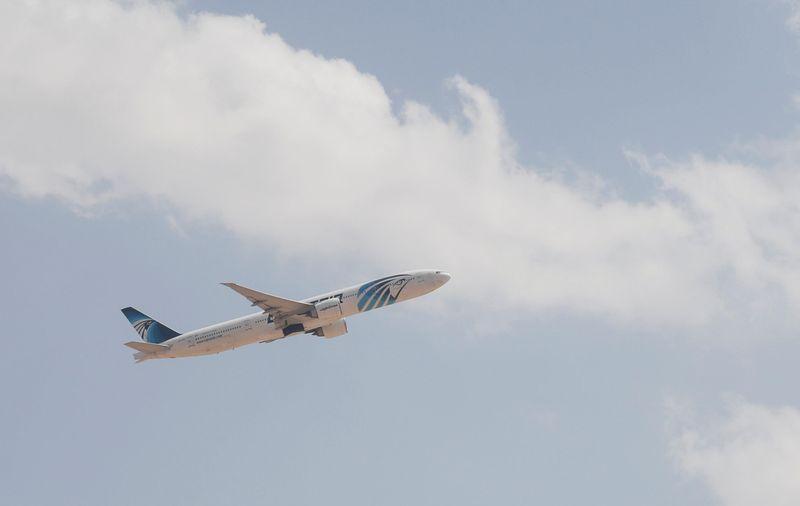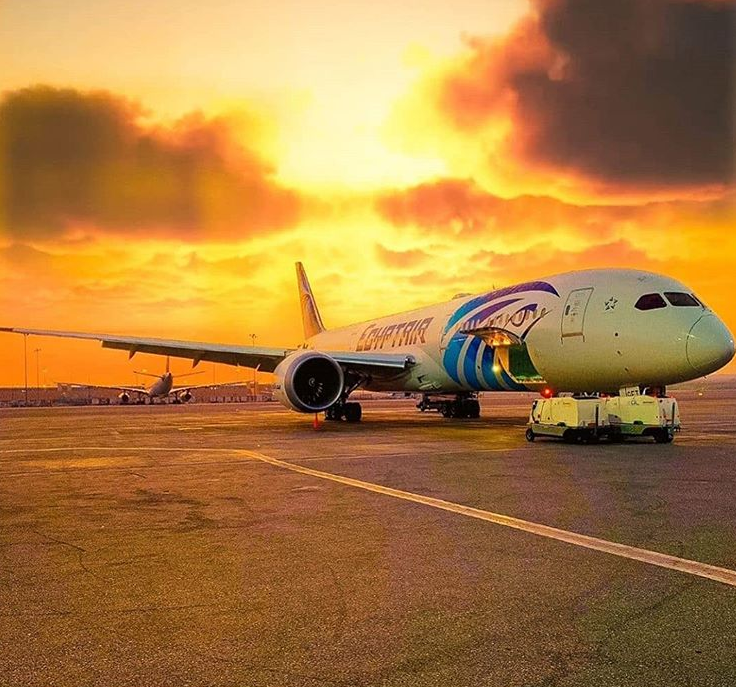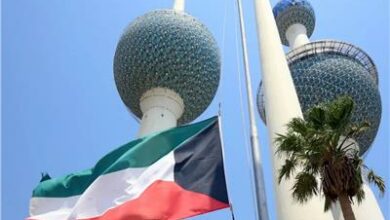
Rebuilding Iraq after three years of war with Islamic State will cost more than $88 billion, with housing a particularly urgent priority, Iraqi officials told an international donors’ conference on Monday.
Donors and investors have gathered in Kuwait this week to discuss efforts to rebuild Iraq’s economy and infrastructure as it emerges from a devastating conflict with the hardline militants who seized almost a third of the country.
Iraq declared victory over Islamic State in December, having taken back all the territory captured by the militants in 2014 and 2015. The fighters have also been largely defeated in neighboring Syria.
About $23 billion will be needed in the short term and more than $65 billion in the medium term, the director-general of Iraq’s planning ministry, Qusay Adulfattah, told the conference.
“Rebuilding Iraq is restoring hope to Iraq, and restoring the stability of Iraq is stabilizing the states of the region and the world,” said Planning Minister Salman al-Jumaili.
The seven provinces attacked by the militants suffered $46 billion in direct damage, including the destruction of 147,000 housing units, and the security forces took $14 billion in losses. Tens of billions more were lost indirectly through damage to the wider economy and years of lost growth, the planning ministry said.
Iraq has published a list of some 157 projects for which it is seeking investment.
They include rebuilding destroyed facilities such as Mosul airport and new investments to diversify the economy away from crude oil sales, developing transport, agriculture and oil-related industry including petrochemicals and refining.
Rebuilding homes, hospitals, schools, roads, businesses and telecommunications will be key to providing jobs for the young, ending the displacement of hundreds of thousands of people and putting an end to decades of political and sectarian violence.
GAINS AT RISK
Nations could help by acting as guarantors with lenders, allowing Iraq to take out soft loans to fund infrastructure projects, Mahdi al-Alaq, Secretary-General of Iraq’s Council of Ministers, told the conference.
US officials said the United States, which occupied Iraq from 2003-2011 and now leads an international coalition that provided air support against Islamic State, does not plan to pledge funds at the Kuwait conference.
Lise Grande, UN Humanitarian Coordinator for Iraq, said failure to help Iraq could lead to renewed instability.
“If the international community doesn’t help the government of Iraq to stabilize these areas (devastated by the war) the gains against Daesh could be at risk,” she said, using the Arabic acronym for Islamic State.
Non-governmental organizations pledged $330 million in humanitarian aid at a parallel NGO conference, Kuwait’s state news agency KUNA reported.
Baghdad has said it is determined to tackle the red tape and corruption that hamper investment. Iraq is viewed by investors as the 10th most corrupt country in the world, according to Transparency International.
Iraq reopened to foreign investment after 2003, with most spent on increasing its oil and natural gas production.
Iraq has suffered from decades of war. It fought Iran for most of the 1980s and invaded Kuwait in 1990, leading to defeat by a US-led coalition and more than a decade of sanctions. A US-led invasion in 2003 toppled dictator Saddam Hussein and was followed by years of occupation, insurgency and sectarian and ethnic conflict, before Islamic State emerged in 2014.




